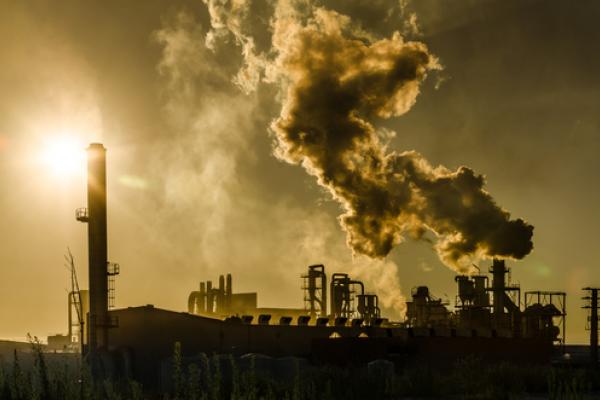This Wednesday on Capitol Hill, the House subcommittee on Energy and Power held a hearing to discuss the Obama administration’s climate change policies and activities. The policies in question were the president’s Climate Action Plan, announced this summer, which has three main pillars:
- cutting carbon emissions,
- leading international efforts to combat climate change, and
- preparing the United States for climate change impacts.
The Environmental Protection Agency Administrator Gina McCarthy and the Energy Secretary Ernest Moniz were present to answer questions about the president’s plan, which works with new and existing programs in both agencies to reduce our climate change pollution and increase our resilience to climate change. Some of the programs are required by a recent Supreme Court decision that labeled carbon dioxide a pollutant; others, as Moniz pointed out, would happen to carry the benefit of energy efficiency.
For some members of Congress, this is a problem because they do not wish to cede any ground to the executive. For others, it is a problem simply because they do not wish to do anything about climate change.
Secretary Moniz spoke of the science of climate change and said the consequences will be seen not in centuries to come, but in decades. Moniz indicated the Department of Energy is keen on developing new energy technology, including renewable sources such as wind, solar, and LED, as well as investing $6 billion in “clean coal.” One example of efficiency Moniz highlighted was the huge price drop in LED power over the past few years. Now it is more economical, available, and efficient for consumers, contributing to national economic welfare.
Moniz also highlighted the importance of developing “smart” structures, both in the utility sector and power grids, to increase our preparedness and resilience on deleterious climate change events. As we saw in New York and New Jersey, the damage caused by Hurricane Sandy revealed outdated structures that inhibited the efficacy of disaster response. Lastly, Moniz urged that even in times of necessary budget austerity, focus on clean energy remains essential to grow the economy by providing clean energy jobs and to strengthen our nation’s preemption, mitigation, and response strategies to climate change.
McCarthy cited the overwhelming evidence of human contribution to climate change, confirmed by 97 percent of climate scientists. The damaging effects are both environmental and national security issues, she asserted. The EPA has been coordinating with states and partner agencies to make the nation more resilient to climate change.
Some members of Congress expressed concerns over the impacts Obama’s plan might have on jobs in certain energy sectors (coal, natural gas, nuclear).
Unfortunately, meaningful dialogue often strayed to take a backseat to political posturing. Sarcasm, blame casting, and bullying by several Congress members took away from constructive questioning and answering.
When Congress can stop talking at and over each other, maybe we can build a conversation that focuses on our strengths and the positive steps we can take in pursuing clean energy alternatives that will benefit us and generations to come.
In the end, more than a dozen climate deniers asked questions of the heads of the EPA and DOE; the packed hall and overflow room learned more about each politician’s feelings on global warming than they did about the content of the president’s Climate Action Plan.
Anna Hall is campaigns assistant for Sojourners.
Image: Air pollution, homydesign / Shutterstock.com
Got something to say about what you're reading? We value your feedback!
